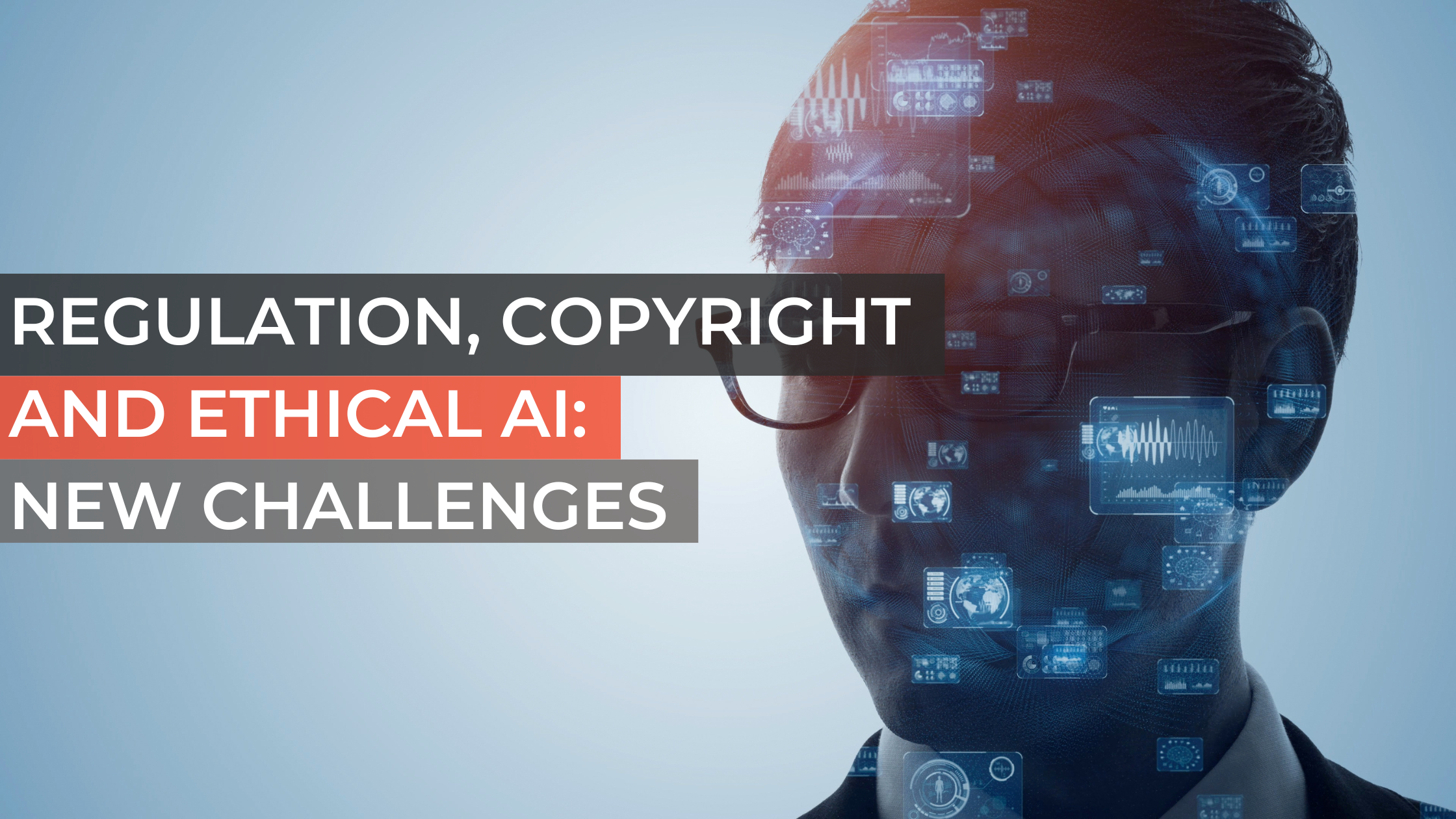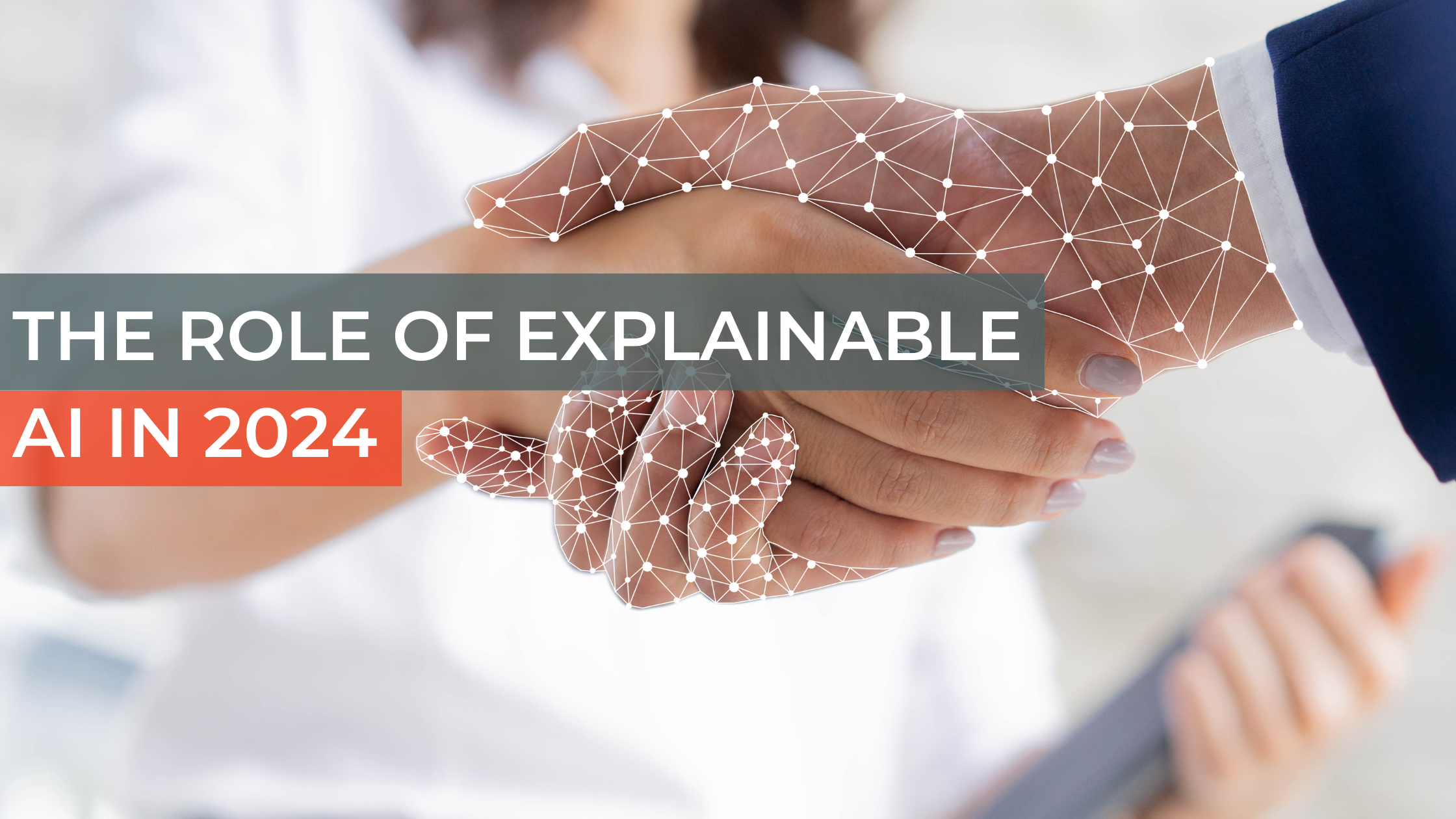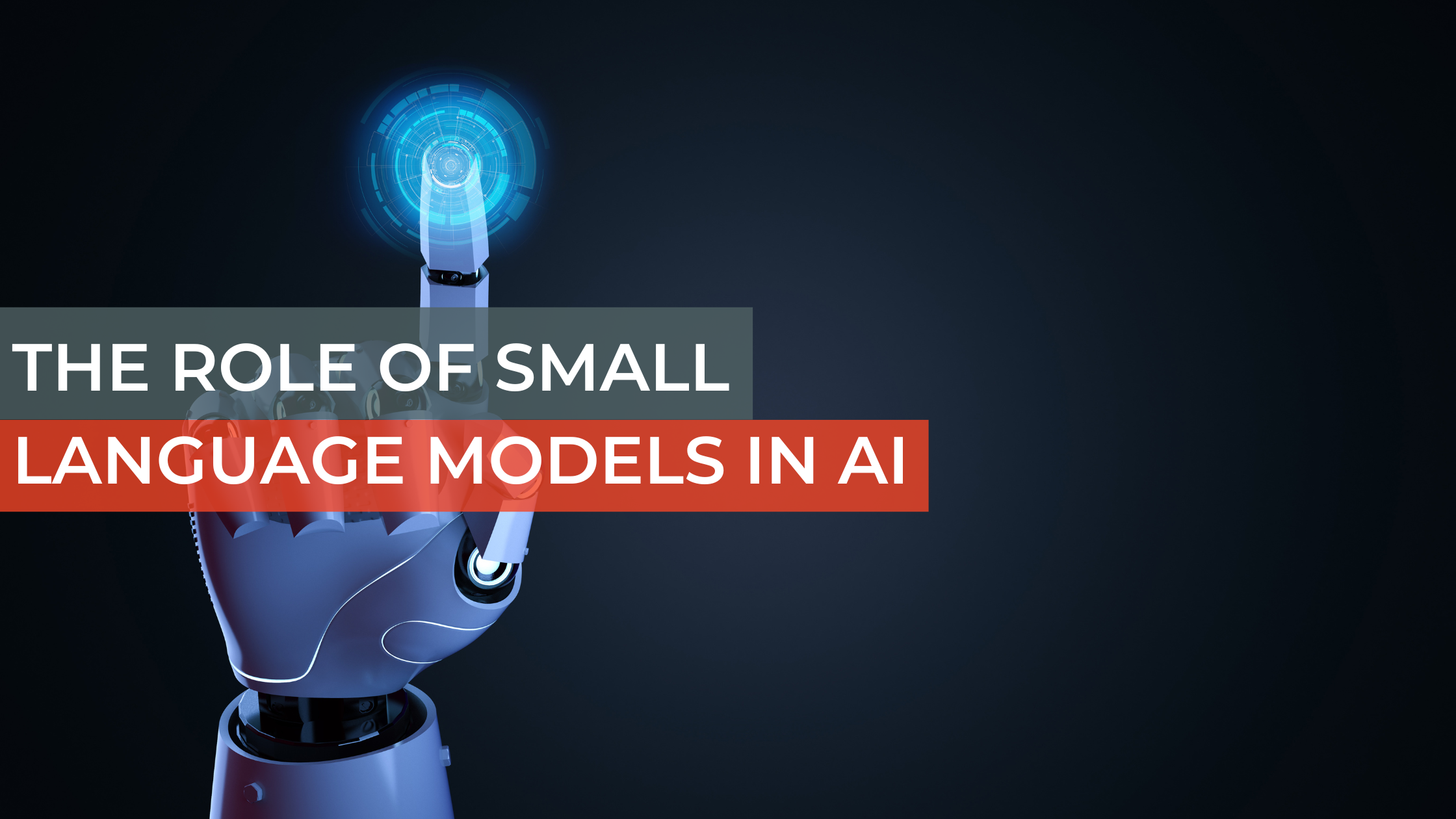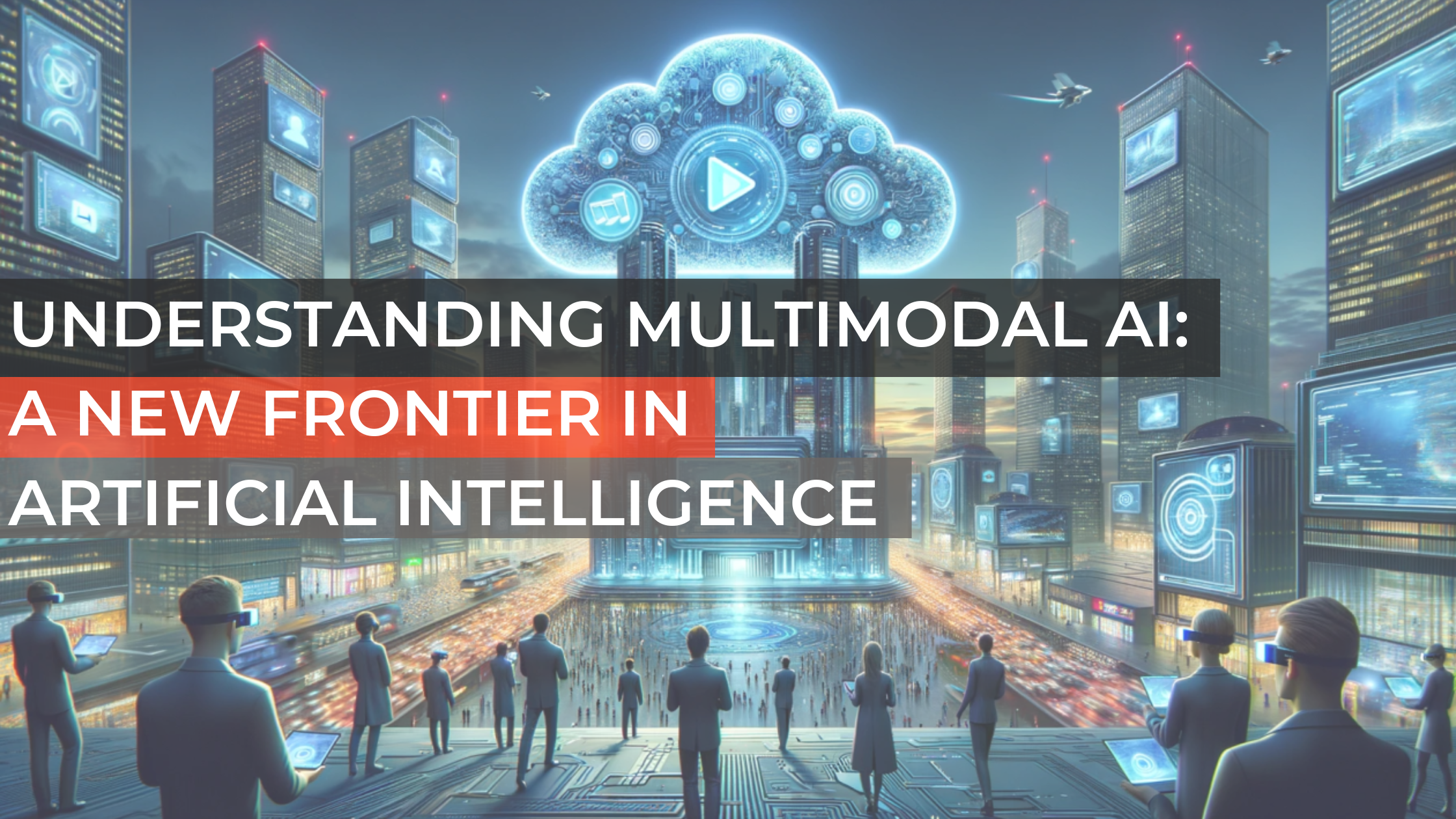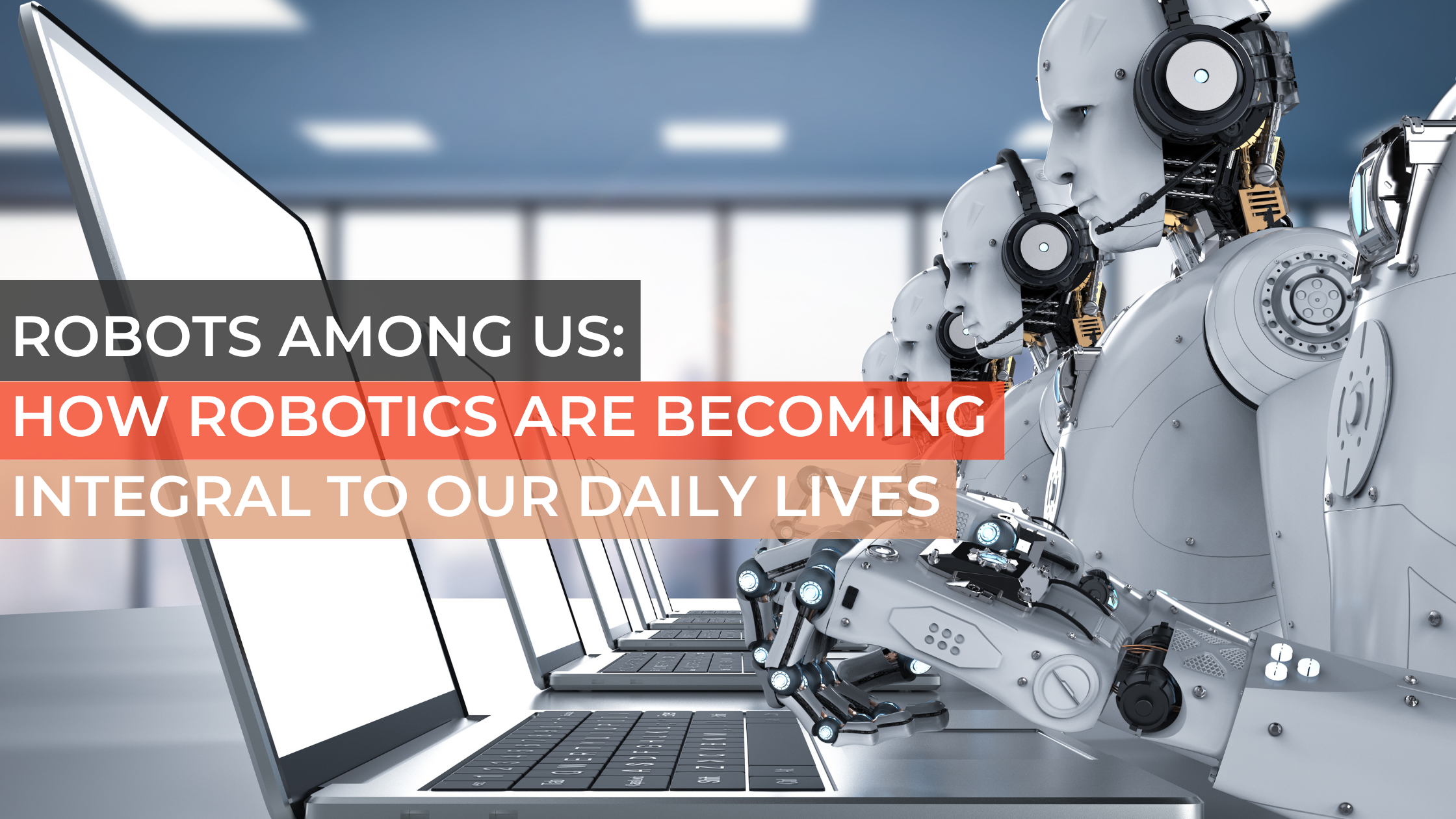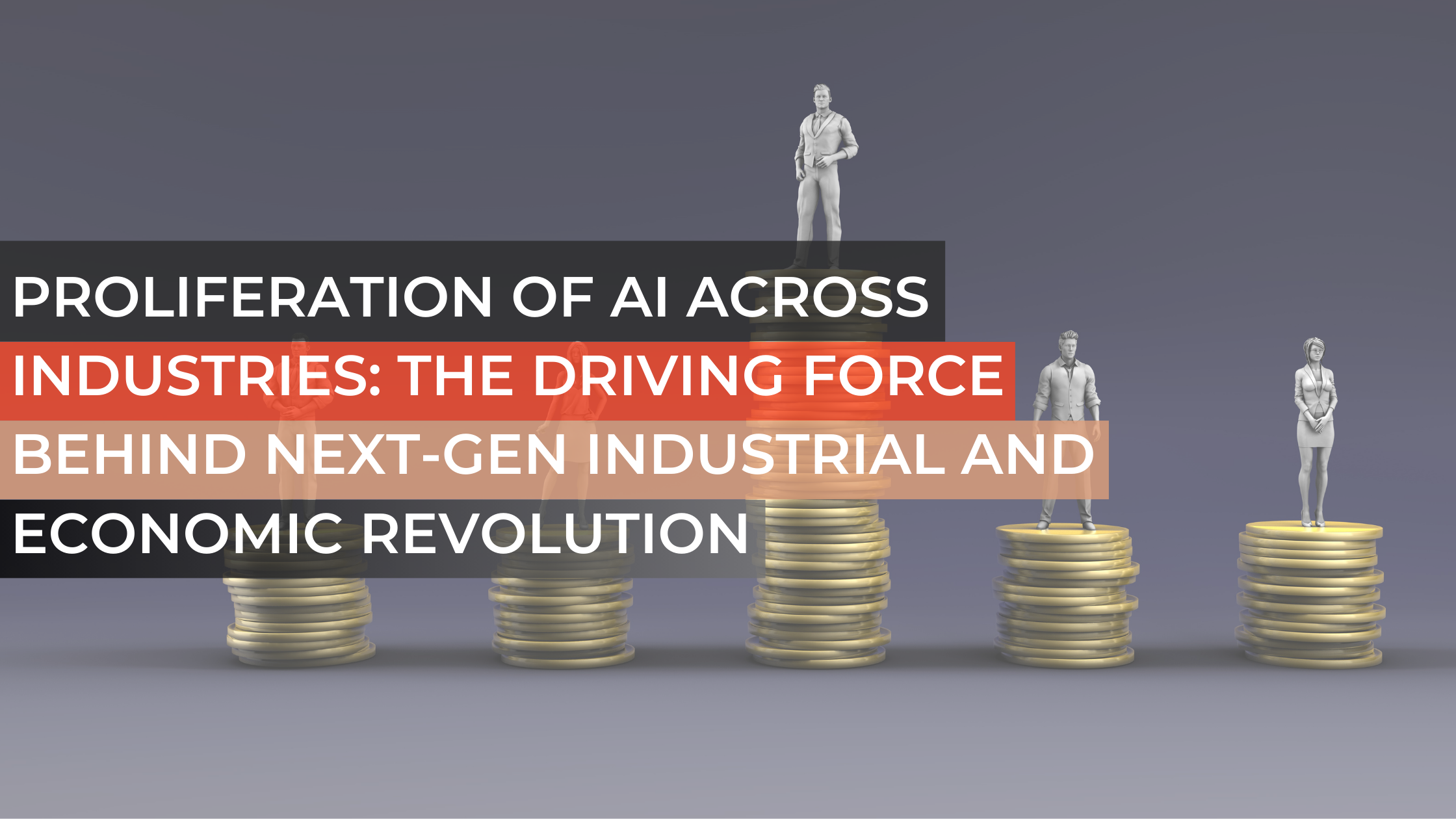As artificial intelligence (AI) becomes more common, it starts handling everything from simple daily tasks to complex decisions in several high impact areas. This extensive use of AI introduces major ethical issues, especially transparency and accountability. AI systems are complex, often working in ways that are not clear to even their creators, which can lead to biases and decisions that might harm individuals and society. While AI's influence is evident and its reach extends across all aspects of life, including but not limited to education, entertainment, and transportation.
Regulation, Copyright and Ethical AI: New Challenges
Jul 24, 2024 9:13:51 AM / by Silicon Valley Innovation Center posted in Tech, Innovation, Startups, digitaltransformation, Artificial intelligence, Leadership
The Role of Explainable AI in 2024
Jul 24, 2024 8:36:09 AM / by Silicon Valley Innovation Center posted in Tech, Innovation, Startups, digitaltransformation, Artificial intelligence, Leadership
In recent years, there's been a significant shift towards integrating artificial intelligence in nearly every aspect of our daily lives. For example, algorithms now suggest what movies or TV shows to watch next. In more critical applications like manufacturing, energy, and defense, AI facilitates reliable decision-making for smooth operations. However, as reliance on AI increases, so does the necessity for these systems to be not just powerful but also transparent and understandable. This is where Explainable AI (XAI)comes into play.
The Role of Small Language Models in AI
Jul 18, 2024 3:28:27 PM / by Silicon Valley Innovation Center posted in Tech, Innovation, Startups, digitaltransformation, Artificial intelligence, Leadership
Artificial Intelligence (AI) relies heavily on tools known as Language Models, which are algorithms designed to understand and generate human-like text. There are two main types of Language Models: Large Language Models (LLMs)and Small Language Models (SLMs).
LLMs, like Generative Pre-Trained Transformers (GPT) and Bidirectional Encoder Representations from Transformers (BERT), are equipped with vast numbers of parameters allowing them to analyze large datasets and perform a wide range of complex tasks.
In contrast, SLMs operate with fewer parameters, allowing them to be implemented more easily on a variety of platforms, from smartphones to cloud servers. This makes them particularly suitable for applications where quick, real-time processing is crucial.
Moving forward, this article will focus on Small Language Models (SLMs), which are designed to be more efficient and accessible. We will explore what SLMs are, how they operate, and why they are increasingly becoming the preferred choice for bringing advanced AI capabilities to a broader audience without the need for extensive resources.
The development of Small Language Models (SLMs) such as Phi2 and Alpaca 7B Zephyr has been driven by the need to make advanced AI capabilities more accessible and efficient. These models feature fewer parameters and simpler structures, enabling faster training and more efficient operation, ideal for use on mobile devices and small-scale servers.
Phi2 is tailored for mobile applications, enabling features like voice-to-text and real-time translation directly on smartphones, enhancing accessibility and user privacy by processing data locally rather than on remote servers.
Alpaca 7B Zephyr excels in the healthcare industry, where it supports patient monitoring systems by analyzing and interpreting large volumes of clinical data quickly, helping healthcare providers make faster and more accurate decisions.
Organizations, especially startups and mid-sized businesses, find these SLMs appealing due to their lower operational demands. They allow these companies to deploy sophisticated AI tools without the extensive resources typically required, leveling the playing field against larger corporations. As a result, SLMs are broadening the application of AI across various sectors, from retail to customer service, where real-time data processing and user interaction are crucial. In this article, we will delve into the emerging technology that is SLMs, and how SLMs are broadening the accessibility and application of AI.
We'll explore their development, key applications, the challenges they encounter, and their potential to democratize advanced AI technologies, making them a valuable tool for innovation across industries.
2024: The Year AI Reshapes Global Elections
Jul 18, 2024 3:08:48 PM / by Silicon Valley Innovation Center posted in Tech, Innovation, Startups, digitaltransformation, Artificial intelligence, Leadership
2024 is set to be a historic year with the highest number of countries holding elections in a single year. Approximately 60 countries will have elections at various levels, involving more than two billion voters. This includes many of the world's most populous nations such as India, the United States, Indonesia, and Brazil, among others. What makes it even more significant is that it's the first year when election campaigns are widely exposed to powerful AI models capable of significantly influencing their course.
AI's ability to process and analyze large datasets allows campaigns to create highly personalized messages and strategies, potentially swaying public opinion more effectively than traditional methods. Concerns about the misuse of AI, such as the spread of disinformation and the creation of convincing deepfake videos, have also become more prominent. This technological capability marks a new era in how elections are conducted and how information is disseminated to the public.
Generative AI is a kind of AI that creates new content ranging from text to images, videos, and audio. Over the past few years, it has moved from being just an interesting idea in labs to a powerful tool capable of making fake content that looks very real. This shift shows how AI is not just about understanding information but also about changing digital environments in real-time. We will look at how generative AI has developed, pointing out the benefits and risks without taking sides.
Election disinformation isn't new; it has been spread through biased media or deceptive political campaigns for a long time. However, AI brings a new dimension to this issue because it can make fake audiovisual media that can easily deceive people, making them believe incorrect things about candidates or policies. The speed, scale, and realism of AI-generated content increase the potential for misinformation.
In this article, we will explain some key terms, how AI can be used to create disinformation, and discuss initial instances where such technologies have been used during elections. By understanding how this works, everyone involved can better prepare to tackle these emerging technological threats.
Understanding Multimodal AI: A New Frontier in Artificial Intelligence
Jul 18, 2024 2:50:27 PM / by Silicon Valley Innovation Center posted in Tech, Innovation, Startups, digitaltransformation, Artificial intelligence, Leadership
As artificial intelligence continues to advance, a significant development known as Multimodal AI is emerging prominently. This advanced form of AI is unique because it processes multiple types of data such as video, audio, images, and text simultaneously. Unlike traditional AI systems that focus on just one type of data, Multimodal AI integrates various data sources to gain a comprehensive understanding of its surroundings. This capability enables it to analyze complex situations much like humans do, enhancing its decision-making accuracy and efficiency.
Robots Among Us: How Robotics are Becoming Integral to Our Daily Lives
May 23, 2024 7:33:02 AM / by Silicon Valley Innovation Center posted in Tech, Innovation, FinTech, #TechTrends, HealthcareInnovation, #EnergyInnovation, Artificial intelligence, Leadership, HybridWork, bitcoin, robotiics
In the vast tapestry of human endeavor, the emergence of robotics has woven itself into the very fabric of our existence, transcending the boundaries of science fiction to become an integral facet of contemporary reality. Beyond the realms of imagination, robots now stand as stalwart companions in our daily lives, reshaping industries and redefining workflows with their unparalleled efficiency and precision. From the bustling floors of manufacturing plants to the quiet corners of our homes, the influence of robotics permeates every aspect of our existence, heralding a new era of innovation and possibility.
At the heart of this paradigm shift lies the multifaceted role of robotics across diverse sectors, each with its own unique challenges and opportunities. In manufacturing, robots serve as tireless allies, streamlining production processes and augmenting human capabilities with their unwavering precision and tireless work ethic. Meanwhile, in the realm of personal household tasks, robots transform mundane chores into effortless endeavors, alleviating the burden of daily responsibilities and granting us newfound freedom to pursue our passions and aspirations.
Yet, beyond their instrumental role in enhancing efficiency and productivity, robotics holds the key to unlocking profound societal changes that reverberate far beyond the confines of factory floors and domestic settings. With the advent of adaptive robots and 3D printing technologies, we stand on the cusp of a transformative era where the boundaries between imagination and reality blur ever further. These advancements not only promise to revolutionize the way we work and live but also herald a future where innovation knows no bounds, and the possibilities are limited only by the depths of our collective imagination.
Pioneering Precision Medicine and Redefining Healthcare Through Multiomics Revolution
May 23, 2024 7:16:30 AM / by Silicon Valley Innovation Center posted in Tech, Innovation, FinTech, #TechTrends, HealthcareInnovation, #EnergyInnovation, Artificial intelligence, Leadership, HybridWork, bitcoin
In the ever-evolving landscape of healthcare, precision medicine stands as a beacon of hope, promising tailored treatments for individuals based on their unique genetic makeup, lifestyle, and environment. This paradigm shift is fueled by advancements in multiomic sequencing, a cutting-edge technology that analyzes multiple omics data types (genomics, transcriptomics, proteomics, metabolomics, etc.) to unravel the intricate mechanisms underlying diseases. Spearheading this revolution are pioneering companies like AstraZeneca, Roche, and research institutions like McKinsey & Company, whose relentless pursuit of innovation is reshaping the future of healthcare.
Beyond Bitcoin: The Revolutionary Potential of Blockchain in the Financial Sector
May 23, 2024 6:57:53 AM / by Silicon Valley Innovation Center posted in Tech, Innovation, FinTech, #TechTrends, #EnergyInnovation, Artificial intelligence, Leadership, HybridWork, bitcoin
The advent of blockchain technology brought about a revolutionary shift in the financial sector, transcending the boundaries of traditional finance. While Bitcoin emerged as the pioneer, it's the underlying technology, blockchain, that harbors the true transformative potential. In this comprehensive exploration, we delve deep into the disruptive power of blockchain, focusing particularly on decentralized finance (DeFi) trends, digital wallets, and the future trajectory of monetary transactions.
The Future of Energy: How Advanced Battery Technology Facilitates Transition to Electric
May 22, 2024 10:12:35 PM / by Silicon Valley Innovation Center posted in Tech, Innovation, #TechTrends, #EnergyInnovation, Artificial intelligence, Leadership, HybridWork
In the dynamic landscape of energy solutions, one technology stands out as a potent catalyst for change: advanced battery technology. These powerhouses of innovation are reshaping the way we interact with energy, from the portable devices in our pockets to the electric vehicles revolutionizing transportation and the renewable energy systems powering our homes. As we journey through this exploration, we unravel the profound implications of declining battery costs. With each reduction in cost, batteries become more accessible and affordable, unlocking new avenues for widespread adoption of electric vehicles and renewable energy solutions. We dissect the pivotal role batteries play in propelling this transition, showcasing their ability to drive systemic change in transportation and energy sectors. By delving into the intricate interplay between battery advancements and sectoral transformations, we invite readers to witness firsthand the revolution taking place before our eyes.
Through this informative journey, we highlight the transformative power of advanced battery technology and its potential to shape a sustainable future. As we unravel the complexities of declining battery costs, we illuminate the path towards a greener tomorrow. By showcasing how batteries are not just components but catalysts for systemic change, we entice readers to join us on this voyage of discovery. With each insight into the role of batteries in driving the transition to electric mobility and renewable energy infrastructure, we offer readers a glimpse into the possibilities of a world powered by clean, renewable energy. Join us as we navigate through the intricacies of advanced battery technology, unlocking the secrets to a more sustainable future and inspiring action towards a brighter tomorrow.
Proliferation of AI across Industries: The Driving Force Behind Next-Gen Industrial and Economic Revolution
May 22, 2024 3:37:08 PM / by Silicon Valley Innovation Center posted in Tech, Innovation, #TechTrends, Artificial intelligence, Leadership, HybridWork
The onset of the 21st century has marked an extraordinary period of transformation and advancement, characterized by a profound shift in our daily routines. This transformation is being driven by a powerful and revolutionary force: Artificial Intelligence (AI). As we stand on the cusp of this new era, it becomes increasingly evident that AI has emerged as the driving catalyst behind a period often likened to the forthcoming industrial revolution.
While the concept of AI has been in existence for decades, its rise to prominence in recent times is truly remarkable. It has transcended the realms of imagination to become a tangible force that permeates every aspect of our society. AI, in its diverse manifestations, has integrated into our homes, workplaces, and even our handheld devices, fundamentally altering our perspectives and interactions with the world around us.

